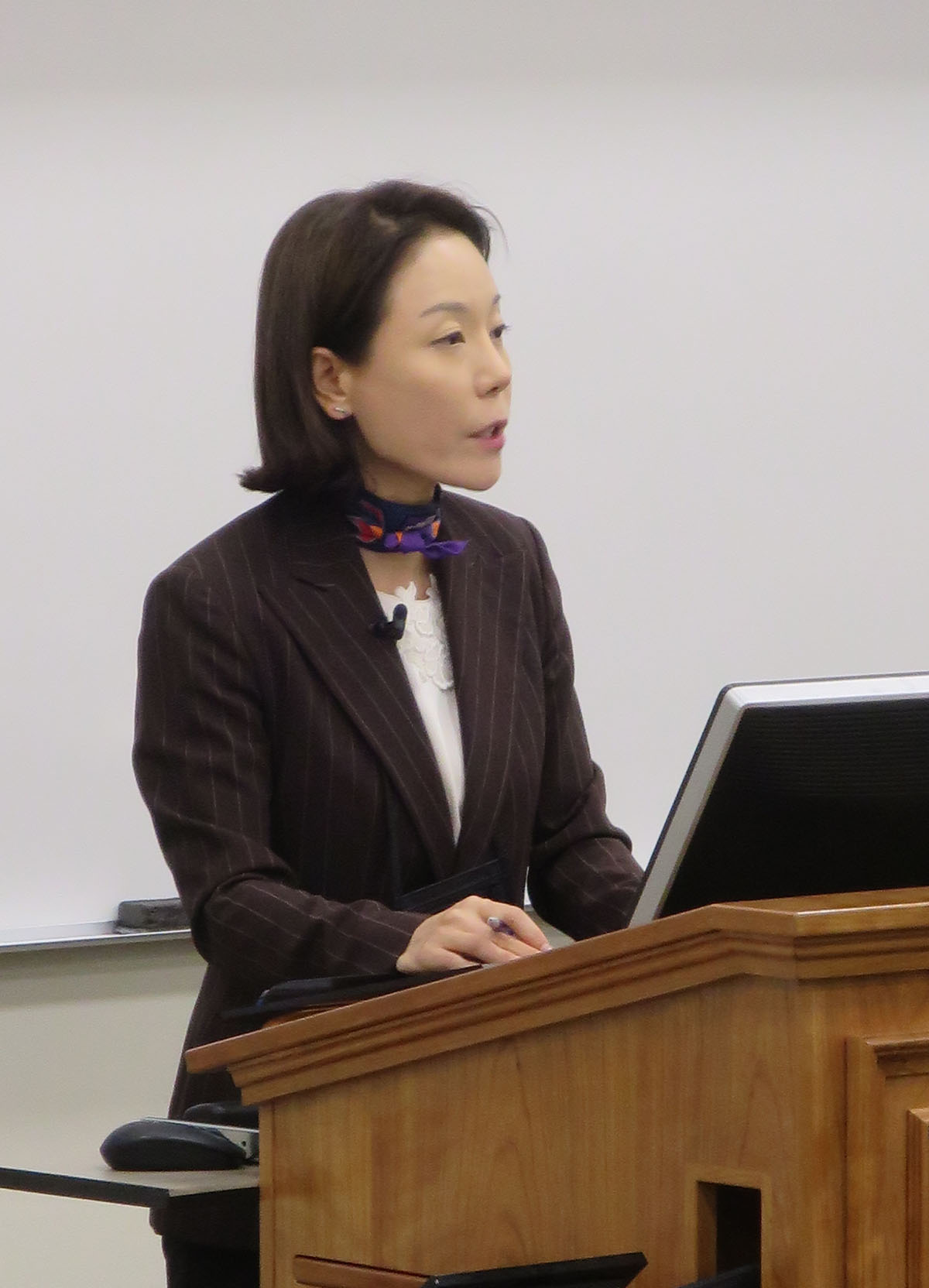Symposium 2016: Korea and Japan

by Yangzi Jin
Victor A. Taylor, International Fellow for the International Center for Law and Religion Studies, moderated the Korea and Japan session. Panelists were Aki Kitazawa, Professor of Private International Law, Keio University, Japan, and Doo Ah Lee, an attorney at law with Vision International Law Firm in South Korea.
Professor Aki Kitazawa talked about private international law, which regulates cross border legal issues concerning individual corporations, marriage and divorce, and international transactions. She talked about legal cases involving religious freedom issues.
Professor Kitazawa gave examples of international marriage. In general, marriage is governed by the civil code regulating marriage for its nationals. The country that establishes the civil code may specify the governing law. For example, the Japanese Private International Law (JPIL) says that the governing law is the civil code in the country. She then explained the application of law in countries without a uniform personal law.
She concluded that in the field of private international law, if a party to an international marriage or divorce is a citizen of a country without a Uniform Personal Law, the marriage or divorce is accepted by applying the personal law of the religious society to which such party belongs. However, this is true only if the party concerned is from a country without a Uniform Personal Law, and is predicated on the country having adopted a legal system which agrees to the application of different laws.
Ms. Lee talked about the duty of military service and the rights of conscience objectors. She cited the relevant Korean national laws that stipulated that all people have freedom of conscience. National religion shall not be admitted. Religion and politics are separated. However, all freedom should be limited by law for the reason of national safety or public welfare.
The Military Service Act says that anyone enlisted under an active duty that does not serve without justifiable reason will face a jail sentence of less than 3 years. The Supreme Court has denied many cases of conscientious objectors of military service. She explained that the exception could only be made when it is an urgent and specific type of conscience—one’s own existence of value will be violated if one does not act the right way.
The law protects individual freedom from people’s conscious determination. For example, they may choose passive forbearance according to their belief or religion. Freedom of conscience is a passive defense right, and should not be under an unjust legal compulsion by the nation. Public interest is the premise of national existence that is national security. Personal freedom should not overcome important national safety.
She cited that there were nine acquittal cases during a year and three months. The Supreme Court pronounced guilty with criminal punishment for conscience objector. She mentioned that countries like Germany, French, Sweden, Israel also adopted laws for conscience objectors.
She then talked about freedom of religion in private universities. A school has autonomy as an educational facility. Private high schools should not use religious domination or spread a particular creed. Schools must maintain a secular admission.